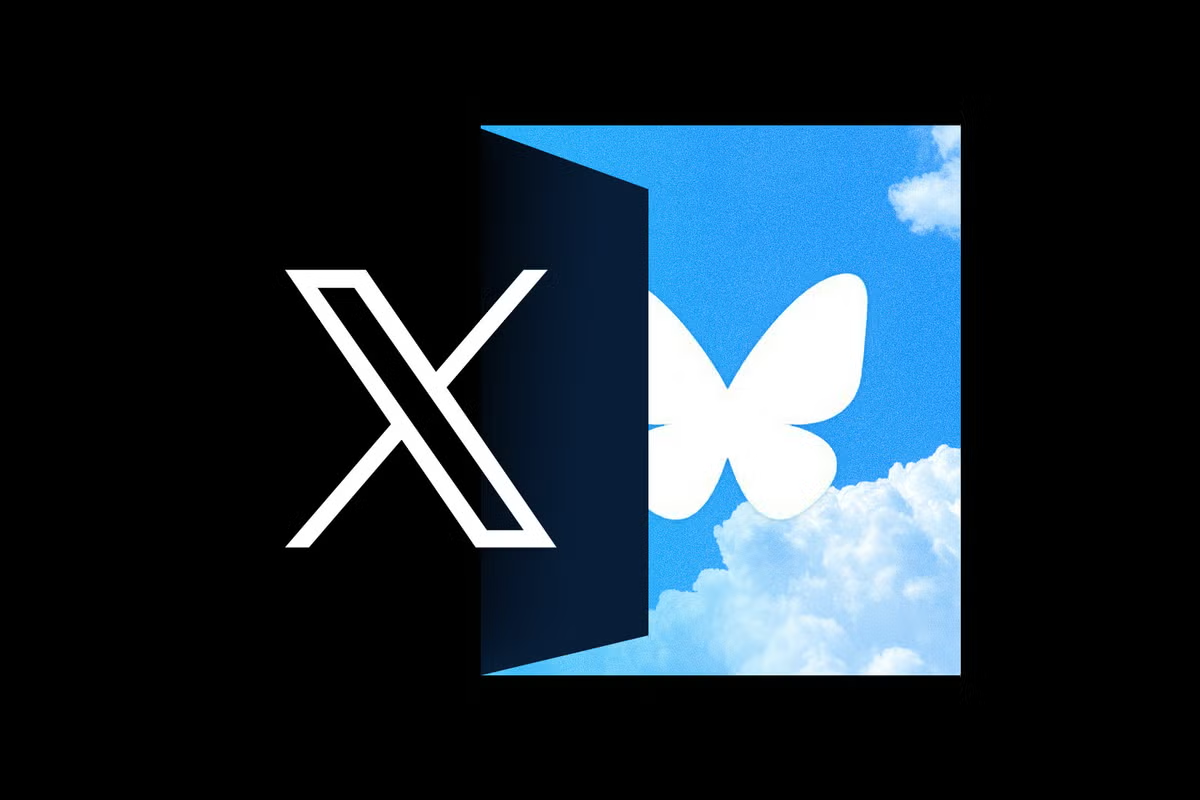
In a digital landscape riddled with changes, users are departing from Elon Musk’s platform X—formerly known as Twitter—in what has been dubbed a “great migration.” This exodus is not without reason; following controversial events involving the world’s richest person, around 115,000 US users reportedly abandoned the platform on a single Wednesday. High-profile figures like Stephen King and Don Lemon are turning their backs on X, signaling a shift towards emerging social networks like Bluesky, Threads, and Mastodon. But as the dust settles, which of these platforms is poised to inherit Twitter’s legacy, and more importantly, which is the right fit for you?

Bluesky: Echoes of Twitter’s Heyday
Bluesky is perhaps the most direct spiritual successor to Twitter, conceived by Jack Dorsey, Twitter’s long-time boss and co-founder, in an effort to rectify the foundational missteps of his previous venture. At its core, Bluesky mirrors the early Twitter experience with its freewheeling, chaotic vibe filled with passionate, opinionated users. It offers some thoughtful innovations, such as custom timeline filters and a “nuclear block” feature, aimed at reducing toxicity—a stark contrast to Twitter’s more gladiatorial days.
“Bluesky feels like the old Twitter,” comments a tech journalist. “It’s chaotic and irreverent, full of passionate opinionated people with strange expertise sharing confusing local memes, as well as lots of real time commentary on politics and sports.”
Despite its promising start, Bluesky’s user base remains limited mostly to the English-speaking developed world and leans significantly left-wing. This cultural homogeneity and occasional technical glitches might deter those looking for a more stable or diverse platform.
Threads: A No-Politics Zone
Unlike its counterparts, Threads, developed by Instagram’s parent company Meta, pitches itself as a laid-back, apolitical zone. This platform has rapidly gained popularity, boasting about 275 million monthly active users compared to Bluesky’s 17 million. Threads is favored by lifestyle influencers and casual users, steering clear of the political fervor that often dominates other social media spaces.

“Threads integrates well with Instagram and de-emphasizes politics, making it a great place for those looking to steer clear of political discussions,” notes a platform reviewer. However, its heavy-handed AI moderation and algorithmic feed that often recycles content has been a point of contention for users seeking fresh and engaging content.
Mastodon: The Techie’s Haven
Mastodon stands out with its decentralized approach, offering a federation of independent networks rather than a single monolithic platform. This setup allows for high customization and control, appealing particularly to tech enthusiasts and advocates of internet freedom. Users can join specific “instances” or communities that align with their interests, governed by distinct rules and moderation practices.
“Mastodon is really a federation of different social networks that all talk to each other,” explains a Mastodon user. “You can choose an instance that aligns with your views, whether you’re a free speech absolutist or seeking a community with zero tolerance for fake news.”
While Mastodon offers significant advantages in terms of privacy and customization, its complex setup and steep learning curve can be daunting for new users, potentially limiting its mainstream appeal.

As the digital exodus from X continues, potential migrants have a variety of destinations to consider, each with its unique culture and capabilities. Whether you seek the nostalgic chaos of Bluesky, the tranquil simplicity of Threads, or the customizable freedom of Mastodon, your choice will define your online social experience in the years to come.
As the landscape of social media continues to evolve, users are encouraged to explore these new territories to find their ideal digital habitat, marking the beginning of a new era in digital communication and community building.
